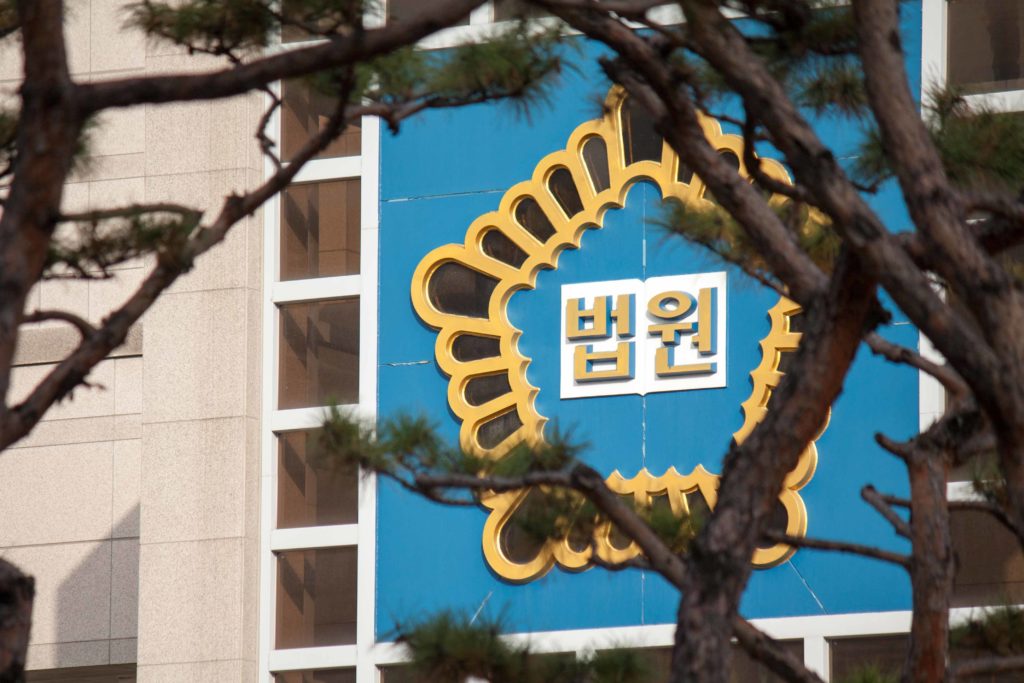The Peninsula
Problems with Korea’s Defamation Law
Published January 18, 2019
Category: South Korea

By Sang Hyun Back
Laws are intended to protect the rights of individuals and benefit the society, but South Korea’s defamation law falls short of these standards.
According to Article 307 of South Korea’s Criminal Act, a person who publicly reveals facts that are damaging to another person is subject to punishment. Even if the statement is true, Article 310 of the Criminal Act specifies that a person is exonerated from defamation only if these facts are true and solely for the interest of the public.
South Korea’s defamation law has come under scrutiny at the United Nation and recently by activists in Korea. Critics believe that the law protects the wellbeing of powerful individuals by embedding a highly subjective test requiring proof of public interest. This was previously elevated by people who saw this as a vehicle for the government to silence dissidents. The #MeToo Movement in Korea further revealed that the existing defamation law impedes victims of sexual violence from speaking out.
In countries like the United States and Canada, the truth alone is accepted as a complete defense against the defamation suit. Furthermore, in the United States, there must be clear evidence of malicious intent for the defamation claim to stand in court. Such clauses do not exist in the Korean law. As a result, the defamation law remains susceptible to abuse by people in positions of power.
During the tenure of President Park Geun-Hye, the defamation law was used to silence critics and, in some cases, jail them. Unlike the United States, where the defamation law is considered civil matters, in Korea, they are dealt as criminal cases. One of the most prominent cases was Tatsyua Kato, a journalist for Sankei Shimbun, being jailed for his articles on rumors about Park Geun-Hye’s affair during the time of Sewol Ferry Incident. Organizations like Human Rights Watch and the United Nations have expressed concern about the Korean government using criminal defamation laws to prosecute critics of the government. Requiring absolute proof of burden is already hard enough, but an additional proof of public interest and the possibility of being jailed create an environment where people are even afraid to speak out publicly.
The #MeToo movement further highlighted flaws in the defamation law. Korean women’s rights activists and lawmakers have pointed out that the current legal code discourages victims of sexual violence from speak out. Even if a person accuses someone of sexual violence, it is easy to counter sue accusers for defamation. Witnesses to sexual assaults are rare and usually, the only pieces of evidence are the words of individuals so the truth aspect is already difficult to prove. Furthermore, even if there was proof of sexual violence, the accusation must serve public interests, leaving the victim vulnerable to a countersuit.
In 2009, actress Jang Ja-Yeon committed suicide. Her suicide note stated that she was constantly sexually abused by people in high positions. Despite, the damning letter, only Jang’s manager and head of her agency were charged. The names in the letter were not reported by the majority of the major media since even a factual statement could be susceptible a defamation lawsuit. The case was only recently reopened by the prosecution.
Despite the calls for the laws to change, there are also supporters of the existing code. Some believe that changes to the existing law would violate Article 17 of the Korean Constitution, which protects the right to privacy. In addition, an official from the Ministry of Justice stated that changing the laws could be more pernicious to the victims. The official believes that without the current defamation law there would be no mechanism to prevent sex offenders from spreading rumors about their victims.
There are also people who advocate for more punitive defamation law. A petition with over 10,000 signatures was presented to the Blue House, stating that over 40% of the sexual crimes were considered false accusations. In reality, the prosecutor’s office does not keep any official record of what percentage of cases are a false accusation. But the language of the petition does reveal that the issue remains a divisive issue in Korea.
To resolve this issue, the laws should change to allow the truth to stand as a valid defense. The legal requirement to prove public interest adds additional pressures, skewing the legal system toward people in power. In addition, more can be done by the government to communicate that the current defamation law is failing to address the public good.
In the end, we must never cease to ask: is it protecting the rights of individuals and benefiting society?
Sang Hyun Back is a graduate student with the Asian Studies program at George Washington University and an Intern at the Korea Economic Institute of America. The views expressed here are the author’s alone.
Picture from flickr user Yunho Lee
